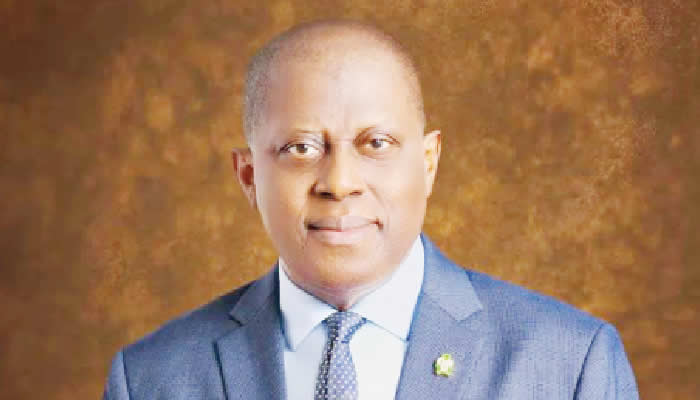Nigeria’s Economic Revival: Reforms Attract Foreign Investment and Stabilize Markets
Nigeria’s economy is experiencing a resurgence, fueled by ongoing economic reforms that have attracted significant foreign investment and stabilized the volatile foreign exchange market. Following a period of economic hardship triggered by the Central Bank of Nigeria’s (CBN) bold reforms, including the unification of the foreign exchange market, the country’s external reserves have rebounded considerably. This positive trajectory is largely attributed to renewed investor confidence, driven by policy clarity from the new government and the CBN’s strategic initiatives to enhance financial resilience and macroeconomic stability. The clearance of a substantial foreign exchange backlog, coupled with international recognition from institutions like the World Bank, has further solidified this positive momentum.
The CBN, under the leadership of Governor Olayemi Cardoso, has prioritized tackling critical economic challenges, notably soaring inflation and a fiscal crisis. Inflation, fueled by excessive money supply growth and exacerbated by factors such as fuel subsidy removal and exchange rate adjustments, eroded purchasing power and created uncertainty for businesses and households. Simultaneously, the country grappled with unsustainable deficit financing through the CBN’s Ways and Means advances, alongside quasi-fiscal interventions, which undermined market confidence and limited the effectiveness of monetary policy tools. The CBN’s current focus on macroeconomic stabilization, including monetary tightening and efforts to boost foreign capital inflows, has proven crucial in attracting foreign investors back to Nigerian markets.
Nigeria’s successful return to the Eurobond market in 2024, after a two-year absence, underscores this renewed investor confidence. The dual-tranche Eurobond issuance witnessed overwhelming demand, exceeding $9 billion, although the government opted to raise a more conservative $2.2 billion. This strong investor interest, despite the high-interest rate environment, highlights the growing belief in Nigeria’s ability to manage its external debt obligations and signals positive prospects for future Eurobond issuances. This positive sentiment extends to foreign portfolio investments, which have surged significantly, reflecting the attractiveness of Nigeria’s high-yielding fixed-income market amidst aggressive monetary tightening by the CBN.
While inflation remains a persistent concern, the CBN’s commitment to restoring price stability and anchoring inflation expectations remains unwavering. The elevated policy rate, implemented to curb inflation, is expected to persist through 2025, potentially attracting further foreign portfolio investment. The CBN’s comprehensive approach, encompassing efforts to improve export potential, promote backward integration, and simplify dollar remittances, aims to bolster the economy’s resilience against external shocks, such as fluctuating oil prices. These strategies, inspired by successful models like China’s export-led growth, focus on leveraging sectors with high export potential, reducing import dependency, and adding value to domestic production.
The CBN’s emphasis on backward integration, particularly within the telecom industry, highlights the importance of local production in reducing dollar pressure, creating jobs, and stimulating economic growth. This initiative, supported by key industry players like Airtel Africa, demonstrates a collaborative approach to strengthening the domestic economy and fostering long-term sustainability. The push for local manufacturing of telecom inputs aligns with broader efforts to reduce reliance on imports and enhance Nigeria’s self-sufficiency. The CBN’s commitment to attracting investors, stabilizing the foreign exchange market, and strengthening the Naira underscores the government’s determination to create a conducive environment for economic growth and development.
Analysts project continued naira stability, supported by renewed foreign portfolio investment interest, a more efficient forex framework, and improved macroeconomic conditions. While inflation remains a challenge, the CBN’s sustained market interventions and focus on restoring price stability signal a commitment to long-term economic welfare. Nigeria’s ambitious growth targets, coupled with the World Bank’s positive assessment of the government’s macroeconomic reforms, underscore the potential for significant progress in poverty reduction and improved living standards. However, achieving sustainable economic growth will require a dual approach: strengthening the public sector’s capacity to deliver essential services and fostering an enabling environment for private sector prosperity. This collaborative approach, leveraging both public and private sector strengths, is crucial for unlocking Nigeria’s economic potential and achieving its ambitious development goals.














